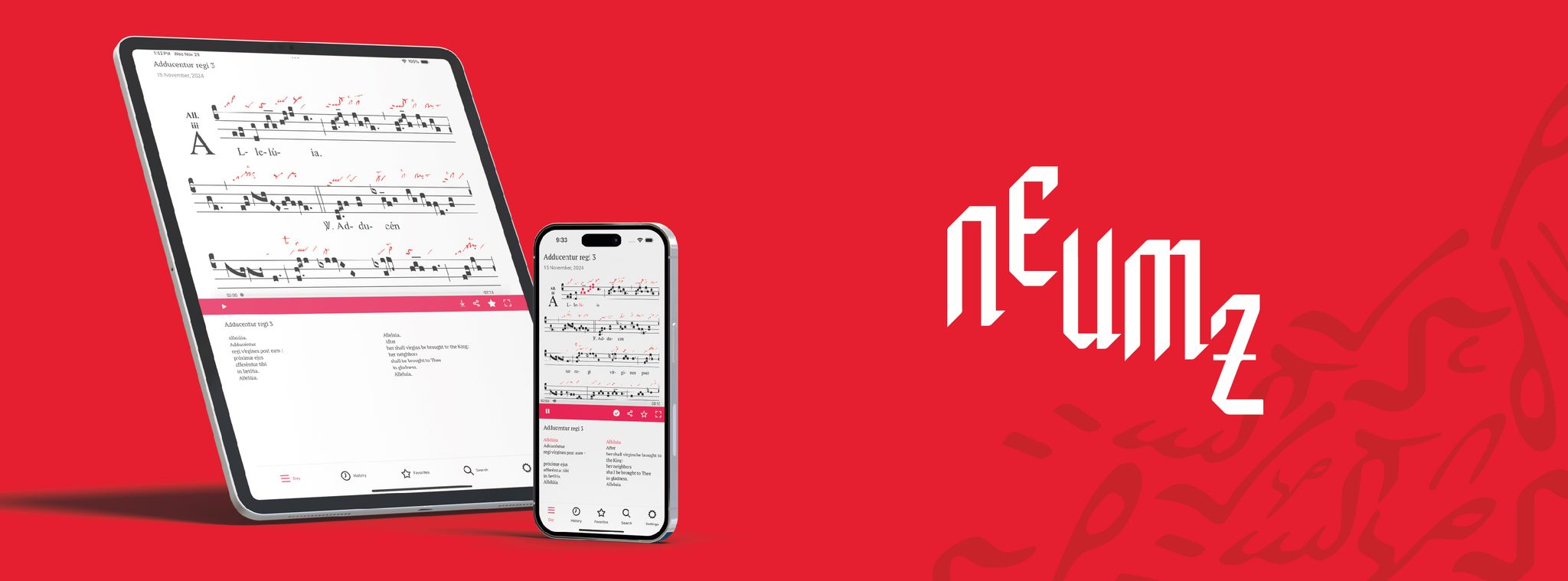Dominus Regit Me 2
Today we celebrate the 32nd Sunday in Ordinary Time. To celebrate this Sunday, we have chosen the Communion antiphon, Dominus regit me. The text, taken from Psalm 22, verses 1-2, is in a way a climax to this end of the liturgical year: The Lord is my shepherd, I shall not want. There are no better words to express what has been experienced throughout the annual celebration of the Mystery of Redemption worked by God’s Son made flesh.
As for the melody, composed in mode 2, the incipit shows a certain reverence, bowing before the Lord, Dominus; the melodic movement descends from the dominant F to beyond the fundamental, D, to then suddenly rise with a leap of fourth to the dominant and masterfully underline regit me, reaching A, the melodic summit of the piece: “the Lord guides me, he leads me, he is my shepherd. Therefore, I shall lack nothing.” And this nothing is again highlighted by the A, confirmed by the great uncinus of the Laon manuscript. The melodic development progressively returns to the fundamental D and in the verb that closes this musical phrase, deerit, (nothing shall be lacking to me), it moves between F and D, the note on which it settles to conclude the phrase: the soul sings with full confidence, total certainty, that the Lord will fill it with all that it needs to shine brightly. With two negative expressions (nihil, deerit) the melody makes this psalmic text shine; it succeeds in expressing the totality of the green pastures, of the good that it can receive from the Lord, his servant, as his sheep.
The second musical phrase starts with great musical agility; from the low C to the G, a firm stability is manifested in "the place of the pastures" (in loco pascuae), where the singer is led and "established", in a very solid place prepared between the dominant and the fundamental which represent the firmness and stability of the very Person of the Shepherd. Again, for the second time in this piece, a leap of a fourth places us immediately in the high register in the dominant, the solidity of his decision; the certainty that nothing will fail me there is resounding, the melody fully established in the F.
The last musical phrase continues to describe the places to which the Pastor takes us, repeating the same musical figures with which he has been presented up to now. It is as firm and consistent as mode 2 itself. Now the invigorating, nourishing waters (super aquam refectionis) represent the second component of life: the first was the food of the pastures, now it is the drink of the water. The A, the melodic peak, reappears, giving great strength to this water of life. We are once again in that delight which is proper to this moment of the Eucharistic celebration.
But beyond that, with this third musical phrase, the piece clearly shows the richness of its composition, of its structure. The full weight of each phrase falls on the final expression, normally a verb expressing the shepherding of the Lord. In this last phrase the melody stops at the verb educavit me (he leads me). The whole piece is deposited in the final verbs of each phrase with all the weight of its richness, ornamentation and solidity, around the fundamental D. The various places where the Lord leads us are secondary (the dominant F) to the assurance that the Lord "guides us, provides for us, watches over our rest, leads us". All these actions of the Lord are well affirmed in D. The Lord takes care of his sheep with security and firmness. And for this very reason, by contrast, the first verb is highlighted, the only one which, carrying all the musical weight of the first intonation, defines all the Lord's actions: regit me (he guides me), well constructed around the dominant, in the treble range. The finale, educavit me, closes the sequence of the Lord's actions as Shepherd, in which he delights in contemplating the whole range of God's works covered by the melody of this chant.
